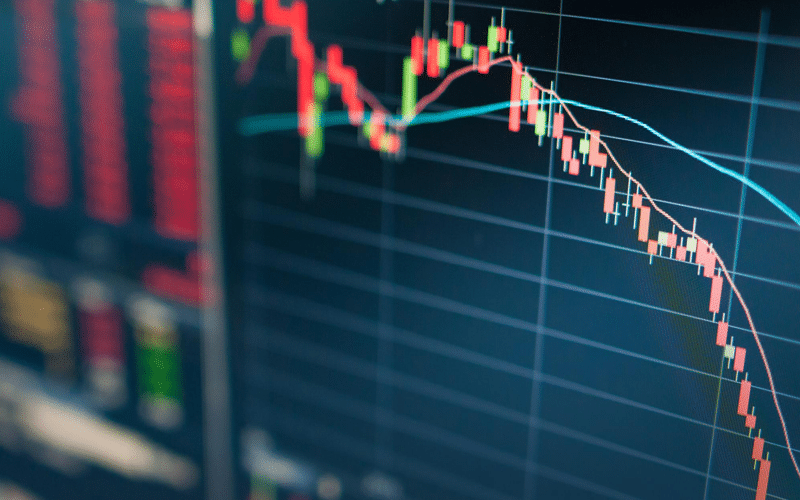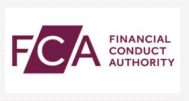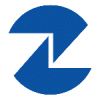Why Forex Needs Regulators?
Regulations in the Forex market refer to any rules, directives, and laws that firms in the forex market must follow. Regulations aren’t just limited to having rules in place. Instead, it consists of the ongoing oversight of these rules to enforce them. With over $6 billion daily tradings, the forex market is the most liquid and largest in the world. Due to its global nature and increasing decentralization, the forex market has been less regulated than other financial markets and is thus, more prone to fraud. Therefore, the purpose of the regulation is to protect traders from undisclosed, unwanted financial risks, and scams.

There is no single authoritative global body that’s in charge of governing the global forex market. Instead, almost every country has its financial regulatory authority, which is either governmental or independent in nature. By setting directives and standards that all brokers under their jurisdiction must comply with, these supervisory bodies are responsible for all forex entities under their coverage. Registered and licensed forex brokers must abide by these rules and are subject to reviews audits and evaluations according to existing industry standards.
Main Regulators in Forex Markets
Every country has its regulatory bodies and institutions that all forex brokers based in that country are bound to adhere to. The central regulatory authorities for the United States, the United Kingdom, and Canada as follows:
United States
Commodities and Futures Trade Commission (CFTC): The United States Forex market is merely a single component in the nation’s vast financial market. Despite this, the Us imposes strict regulations on its foreign exchange market. The CFTC is in charge of controlling all US over-leveraged FX trading activities. Its primary purpose is to safeguard commodities and futures traders.

Since futures include the currency market, their jurisdiction covers forex traders as well. Since its creation in 1974, the CFTC went through modifications for improving trading conditions in the country. In 2000, The United States Government renewed and expanded the CFTC’s mandate by passing the Commodity Futures Modernization Act of 2000. It was now instructed to develop a joint regulatory regime for single stock futures along with the SEC.
However, many of the directives and rules in place are so complicated that many traders in the United States tend to stay away from trading currencies. The safety and soundness of individual firms are not regulated directly by the CFTC. The only exception to this rule is newly regulated swap dealers.
Financial Industry Regulatory Authority (FINRA): In the United States, FINRA is the largest independent regulator for all securities firms doing business in the country. It’s non-governmental in nature and regulates brokerage firms and exchange markets, which are its members. FINRA offers oversight of overall security firms that interact with the public.
FINRA is responsible for regulating securities futures, corporate bonds. Options and equities trading. It periodically conducts regulatory examinations of its member institutions as part of its regulatory responsibilities. The SEC is sanctioned to discipline registered member firms and representatives that fail to comply with its regulations and federal securities laws.
United Kingdom
Financial Conduct Authority(FCA) or The Financial Services Authority (FSA): Europe is arguably one of the most trader friendly forex markets globally despite increasing regulations in the EU in recent times. Because of its favorable environment, brokers with no local regulatory body try to seek a license from the EU continually.
The UK’s Financial Conduct Authority is responsible for supervising, investing, regulating, and enforcing a directive that guides the nation’s financial market, including the foreign exchange market. It covers around 58000 businesses that employ about 2 million people.
The FCA came into existence when royal permission to seek a license from the EU was given to the Financial Services Act of 2012, which also abolished the FSA or Financial Services Authority.

Apart from the FCA, the EU also enforces the MiFID or Markets in Financial Instruments Directive. It has been tweaked multiple times since its introduction in November 2007. It focuses on the EU’s commitment to a free-market economy and makes it easier for brokers in one EU country to conduct business in another. MiFID also specifies the minimum amount of capital required as well as ensures the separation of company and client funds to protect traders.
Canada
Investment Industry Regulatory Organization of Canada(IIROC): Regulation of Canadian securities is mainly done through laws and agencies established by the nation’s provincial and territorial government. Unlike other federations, Canada lacks a security regulatory authority at the federal government level. The IIROC is a self-regulatory organization that is nonprofit. It oversees all trading activity and investment dealers on the equity and debt markets in Canada. The IIROC is responsible for setting the investment industry and regulatory standards in the market. It possesses quasi-judicial powers that allow them to hold enforcement hearings, fine, suspend, and even expel members and registered representatives. The IIROC receives recognition orders from the CSA or Canadian Securities Administrators and is subject to its oversight and frequent operational reviews. Despite this, many investor advocates have criticized the IIROC as being ineffective.
Conclusion
Supervisory bodies are essential for regulating the forex market. Individual regulatory organizations set standards and require all brokers under their jurisdiction to comply with them. These standards include getting a license and registration with the organization, undergoing frequent audits, and communicating any changes of service to their clients, among other details. Because the forex market is prone to numerous scams, regulatory bodies’ presence makes the environment safer for all traders.
As a forex trader, one of the main things to consider when selecting a broker is whether the broker is licensed or not. Not all licenses are equally valued and recognized, and traders need to know which are the major ones globally.








Leave a Reply